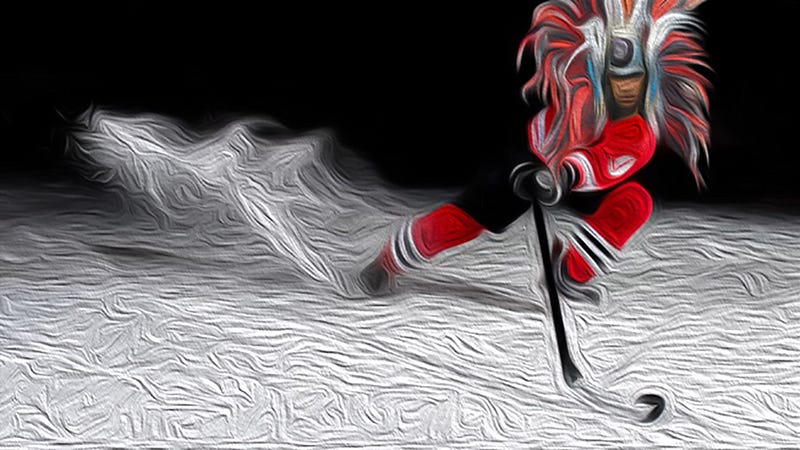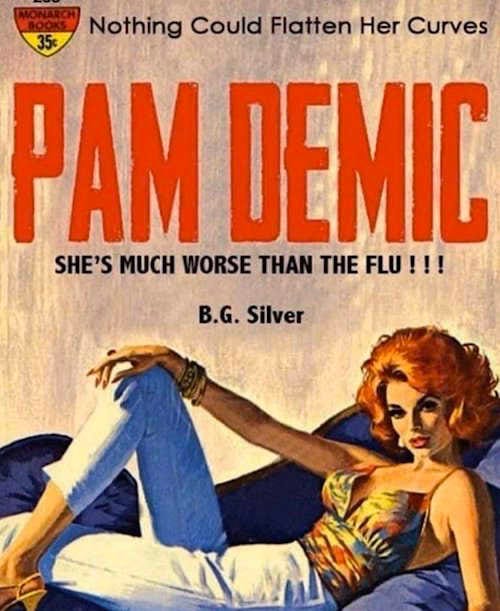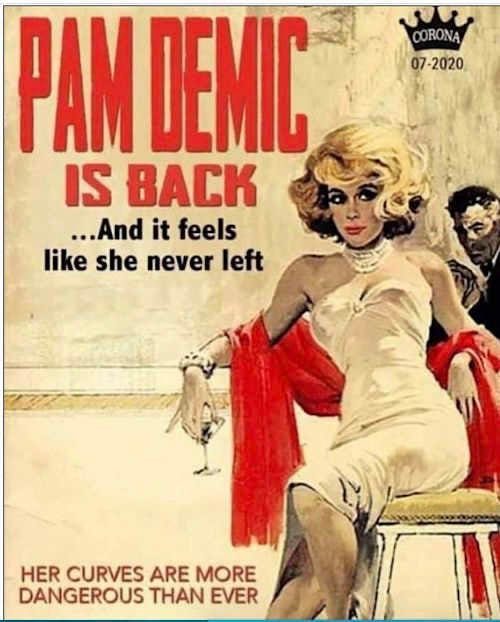The Great Pause Week 58: A Gift of Time
"A year at a time is how we are taking life now. It is preparing us for our future."
Covid caught many, probably most, people in the world unprepared. Not unprepared in the sense of public health care systems, although there was that.
Not unprepared in the sense of social fairness, equity, or access, although deep flaws became obvious in those places too. Deeply ruptured social fabrics were laid bare in the US, UK, Italy, Spain, France, Mexico, India, South Africa, Brazil. The pandemic was an ironic, not to say ghastly, un-leveler. It was not the rain, which falls equally on the just and the unjust.
We also got to learn there is a different kind of unprepared. For those confined, or perhaps enduring repeated waves of confinements, the pandemic provided a rare, end-of-days kind of opportunity to pause and reflect. Not everyone was ready for that.
So too are race and religion riots, or police and military brutality. So too are charismatic theocratic revivals. So too are autocratic dictators and back-to-the-land movements.
And also, pandemics.
Lockdowns brought about by pandemics are golden moments. Faced with our own mortality, we can take time to reflect upon the arc of our individual lives, what time may or may not remain, and what we should be doing with this precious, fleeting gift we’ve been given.
If you haven’t already done this, do it now.
More often, lockdowns fix people into places that are ill-designed or prepared for the use they now get to be put. No matter how humble or tiny, apartments became school rooms, stockpiled kitchens, gyms, and remote office cubicles. They began to smell of pajama sweat, overanxious pets, and composting table scraps. They became jails.
Consider the origin of the words “reformatory” and “penitentiary.” The Quakers had the quaint notion that time spent in prison, without the worries of providing one’s daily bread in a dog-eat-dog world, would afford malcontents an opportunity to reflect on the meaning of life and so reform their path in life. They would become penitents.
Can gangstas be poets? Sure, why not? Do prisons catalyze that? Probably not.
For those of us who teach permaculture and live as we teach, or work in regenerative farming or forestry, or who have been demonstrating ecovillage living for many years — life in pandemic may have been challenging but on the whole has been more enjoyable, if not downright glorious.But today, in mid-April, the temperature outside my house is ten degrees hotter than normal, with a feels-like temperature of 102F (39C) well after sunset. I know this means it will be even hotter in 3 months. I also know that here on the Atlantic coast we are not having the worst of it. Inland at Merida today it was 103F (40C) before one adds the feels-like adjustment.
The latest chart published by Hansen, et al, shows that, even adjusting for El Niño and La Niña years, the increase of temperature year over year seems to be rising. I was struck by the change in slope c. 2016, so I added the most recent linear fit to Hansen and Sato’s chart (image). Hansen attributes the higher recent averages to a Super El Niño year but I’m looking at the years right after that. Even though we are now in a double dip La Niña, the upslope is steeper. We will need at least a decade to confirm a pattern, but it is ominous at the moment, and of course we keep adding long-lived CO2 and methane, more each year, and it will be decades before those gases distribute over the upper atmosphere and reach their full greenhouse insulation effect.
Sitting on one’s zafu in a world at quarantine, one should ask: where, when all this sickness is over, should I position myself for this altered future? We are coming to the end of the Holocene Empire. It was a long, monumental, 50,000-year global civilization, with many dynasties — Homo neanderthalensis, Homo sapiens sapiens, Homo collossus. Now we find our deepest flaws revealed to us all in a rush. It is the sloppy, erotic, end-game theater state of Janaab’ Pakal, last ruler of Palenque. What follows is barbarity and dissolution.
Students of history will also know that what follows the death of empires is not annihilation but a return to basics. Before the Holocene Empire, Homo made habitats for half a million years in adaptive ways, in inauspicious weather, in small, roving bands of one or two dozen individuals. We have evidence from the seasonal camp at Terra Amata, on the Mediterranean coast BCE 400,000, to tell us how they lived, knapping points and fishhooks. They were more often challenged by cold than by heat, but they managed to get through, a year at a time.
“A year at a time” is how we are taking life now. It is preparing us for our future. Wayne Gretzky’s famous quote, “Skate to where the puck is going, not where it has been” has a corollary: “Watch where everyone is moving and go where they aren’t.” Maybe you would be better off painting water colors, moving to an ecovillage, or running the kitchen in an Ecosystem Restoration Camp than whatever it was you were doing before. Plant some trees, help with a whale census, bag the peaks. Now is the time. Skate to where the puck is going.
____________________
The COVID-19 pandemic has destroyed lives, livelihoods, and economies. But it has not slowed down climate change, which presents an existential threat to all life, humans included. The warnings could not be stronger: temperatures and fires are breaking records, greenhouse gas levels keep climbing, sea level is rising, and natural disasters are upsizing.
As the world confronts the pandemic and emerges into recovery, there is growing recognition that the recovery must be a pathway to a new carbon economy, one that goes beyond zero emissions and runs the industrial carbon cycle backwards — taking CO2 from the atmosphere and ocean, turning it into coal and oil, and burying it in the ground. The triple bottom line of this new economy is antifragility, regeneration, and resilience.
Help me get my blog posted every week. All Patreon donations and Blogger subscriptions are needed and welcomed. You are how we make this happen. Your contributions are being made to Global Village Institute, a tax-deductible 501(c)(3) charity. PowerUp! donors on Patreon get an autographed book off each first press run. Please help if you can.
#RestorationGeneration
“There are the good tipping points, the tipping points in public consciousness when it comes to addressing this crisis, and I think we are very close to that.”
— Climate Scientist Michael Mann, January 13, 2021.
Want to help make a difference while you shop in the Amazon app, at no extra cost to you? Simply follow the instructions below to select “Global Village Institute” as your charity and activate AmazonSmile in the app. They’ll donate a portion of your eligible purchases to us.
How it works:
1. Open the Amazon app on your phone
2. Select the main menu (=) & tap on “AmazonSmile” within Programs & Features
3. Select “Global Village Institute” as your charity
4. Follow the on-screen instructions to activate AmazonSmile in the mobile app









Comments